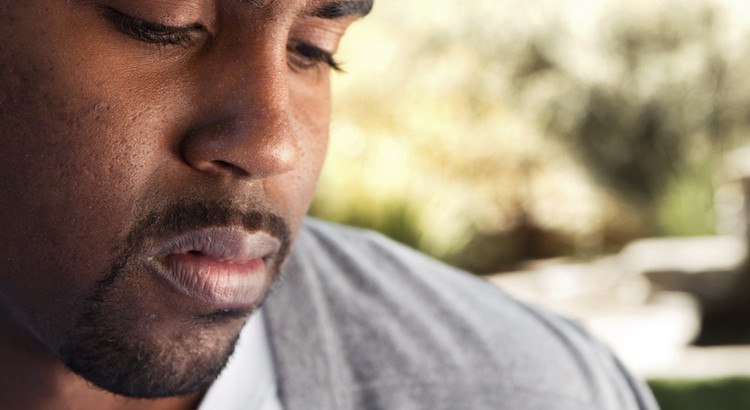What Not to Do When You Love an Alcoholic or Addict

If you love an alcoholic or addict, you probably feel that his or her problem with addiction has had a profound impact on your life and maybe even seems to be ruining your life. You’re faced with difficult or impossible situations on an almost daily basis. People who have never been affected by someone else’s addiction may try to tell you that you should just walk away or that you shouldn’t allow addictive behavior to affect you. But it’s usually not that simple.
Worst of all, the addict or alcoholic may try to tell you that the reason he or she abuses alcohol or drugs is because of you. If you would stop being so nosy or manipulative, they say, they’d be able to stop drinking or drugging.
This is painful to hear and simply isn’t true. You aren’t the cause of their addiction and you can’t control it or cure it. But there are some things that you should try to avoid doing when someone you love is actively addicted.
Don’t Mistreat or Abuse Yourself
So many people who love an alcoholic or addict blame themselves for the other person’s problem with addiction. You may think that if only you could be more patient or love him the right way, he wouldn’t need to abuse substances. You blame yourself for flying off the handle or getting emotional.
Codependents often have low self-esteem and usually give to others until they are empty or angry inside. Habits such as putting yourself down or mentally beating yourself up are only making matters worse. Mistreating yourself only succeeds in weakening you and making you feel unhappy and hopeless. It isn’t doing you or the addict any good.
By going to Al-Anon or talking to a counselor, you can learn new behaviors and thought patterns. You can start to recognize your tendency to abuse yourself and to gradually learn to treat yourself with the love and respect you deserve.
Don’t Aggravate the Situation
There are certain behaviors that people who love addicts tend to do that only succeed in making an already stressful situation worse. One example is enabling. Enabling is doing something for someone else that he should be doing himself. Those who love addicts may repeatedly bail the addict out of trouble. They provide financial support or continually call and make excuses for irresponsible behavior. They lie to cover up what is really going on.
Enabling is one of the most common behaviors that those who love addicts shouldn’t do. As long as addicts have no consequences for their behavior, they will keep on doing what they’re doing.
Don’t waste a lot of time and energy trying to control addictive behavior. When someone is addicted, their life is out of control, and yours will quickly follow if you try to force solutions. You will only make yourself obsessive, angry and resentful, and the addict won’t change at all. Trying to force solutions is much more likely to make things worse than better.
Don’t Live in Denial
It is common for addicts, alcoholics and those who love them to deny there is a problem for as long as possible. You hope against hope that he or she will simply stop drinking or drugging. You want to believe the problem will just go away. It’s not very likely that it will without help.
You can’t control the addict’s decision whether to get help, but you can face the fact that there is a problem. You can recognize that enabling and failing to set boundaries are making a bad situation worse and that ignoring and covering up the problem won’t make it go away.
What you can control is your own attitude and your own decision to take care of yourself. Admit there is a problem and ask for help from someone, because you won’t be able to get better by yourself. Turn to Al-Anon, a doctor, a counselor or a minister. Although you didn’t cause the addiction, you can refuse to continue doing the dance steps that keep dragging you down. With counseling or a support group, you can learn to take care of you.
Article Categories
- 12 Steps
- Addiction in the Family
- Addiction Infographics
- Alcohol Addiction
- Articles
- Drug Addictions
- Drug Rehab Center News
- Helpful Articles
- Holidays & Substance Abuse
- Mental Health & Addiction
- Real Life Addiction Stories
- Recovery Testimonials
- Relapse Prevention
- Substance Abuse Prevention
